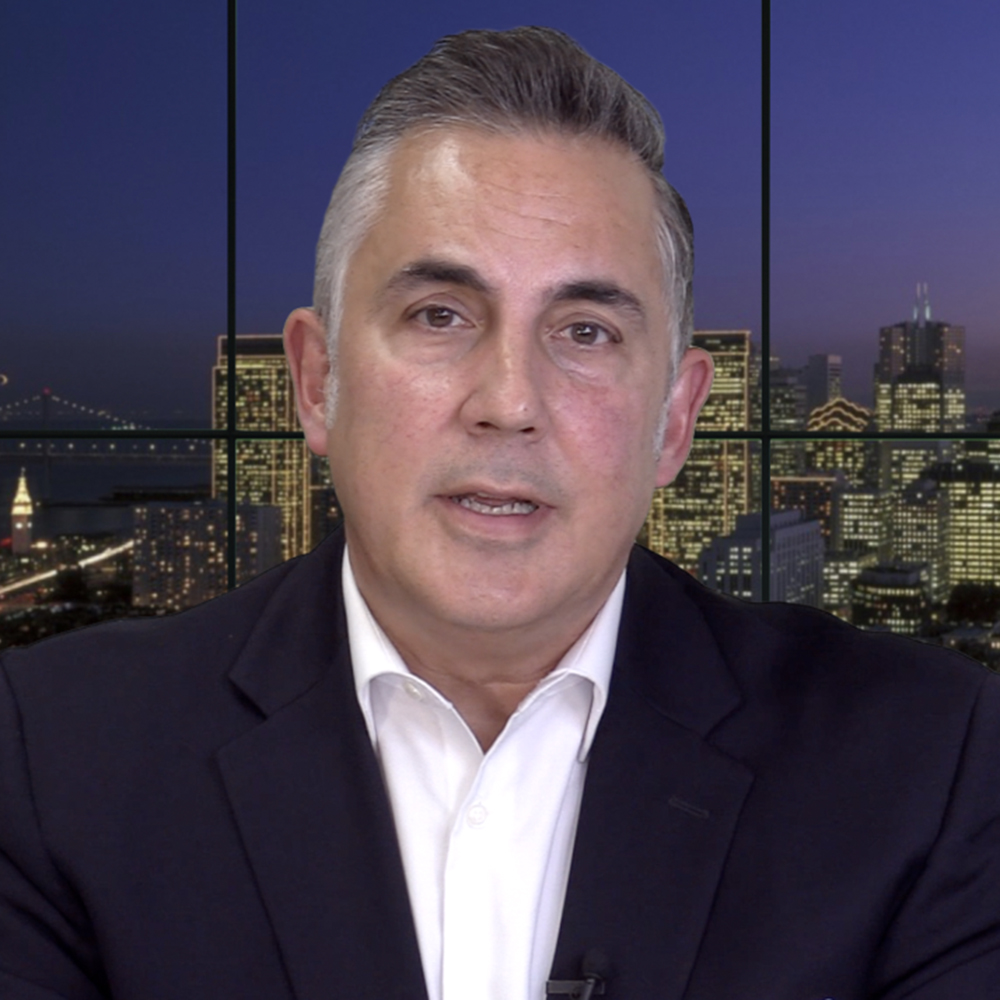[vimeo id=”131909941″ width=”625″ height=”352″]
Bankrate Article Highlights Challenges of Heirs Settling Reverse Mortgages
 It’s no secret. Many of our past borrowers will pass away during our tenure as reverse mortgage professionals. Knowing this shouldn’t we prepare our borrowers and heirs on how to unwind the reverse mortgage?
It’s no secret. Many of our past borrowers will pass away during our tenure as reverse mortgage professionals. Knowing this shouldn’t we prepare our borrowers and heirs on how to unwind the reverse mortgage?
A recent article in BankRate entitle “Here’s what happens to their reverse mortgage after your parents die” spells out the challenges and process. Columnist Marcie Gaffer writes “As more seniors turn to reverse mortgages, their adult children might well be puzzled or concerned about what will happen to that debt when one or both of their parents eventually dies. At that time, question about how to pay off the loan will need to be resolved–and relatively quickly.”
Download a transcript of this episode here.
Looking for more reverse mortgage news, commentary and technology? Visit ReverseFocus.com today.









5 Comments
Good advise thanks. But we need information on how to help non borrowing spouse on how to work with lender to have
loan assigned to FHA and keep them in the home.
Jim,
I would put in a conference call to the servicer of the loan with the non-borrowing spouse on the call and see what they need to get a delay in paying the balance due. Make sure that if the date of case number assignment (which is assumed in this response) is before 8/4/2014 then make sure you have a copy of Mortgagee Letter 2015-15 at your disposal during the call.
Before making the call, be sure to read Mortgagee Letter 2015-15 several times. If you or the non-borrowing spouse have any questions, reach out to an attorney who is competent in both basic HECM law and Mortgagee Letter 2015-15 before making the call to the servicer. As to attorneys who are competent on the Mortgagee Letter, try NRMLA.
Let us know how it works out.
The article was a great idea and a lot of the information on how termination works was reasonably accurate but when it came to how inheritance works from the perspective of heirs, there was a lot to be desired. Also the author confused capital gains with cash inflow to the homeowner when the collateral is sold by the heirs, beneficiaries, estate, or trust for more than the sum of 1) the liens and 2) selling, fix up, and other selling related costs. The article was weak as to transparency since in the last few years, the portion of HECM payoffs coming from borrowers and their heirs have mainly been through foreclosure.
The author states: “But if heirs want to keep the home, they’ll have to pay off the loan.” That statement is true but is an oversimplification of how the process works.
Inheritance of real estate follows the real estate laws of the state where the collateral is located. Generally the first party to deal with the notice that the HECM is due and payable is the executor (or court appointed administrator when the decedent dies intestate) or the trustee if title to the collateral is held in a trust. An exception is when title was held as a life estate, then title immediately passes to the remaindermen (usually humans) upon the death of the life tenant.
Things are easiest when there is just one heir or the will or trust states who has first right to the home. Generally when the balance due on the HECM is greater than the current value of the home then it is easier for multiple heirs to work things out since the equity in the home is zero and allowing one heir to take the home does not impact the overall net estate. However, when the HECM balance due is greater than the value of the home, then the estate, trust, or heirs will only have to pay the lender or FHA (if the home is in assignment) 95% of the current appraised value of the home to satisfy the terms of the HECM.
Stating that “any capital gain after the loan and closing costs have been paid” is inaccurate. The author does not understand that cash flow is not about capital gains or losses which are income tax terms. Since cash flow from the sale of the home is nothing more than the equity in the home minus selling, fix up, and related costs, cash inflow from the sale can be a high percentage of the sales price or zero (most of the time) when the equity in the home is less than the sum of the selling, fix up, and related costs of the sale since a HECM is a nonrecourse mortgage; how large the cash form the sale will be it all depends on 1) the sales price of the home and 2) how large the sum of the liens against the home plus selling, fix up, and other costs related to the sale are. Do not allow the servicer to foreclose on the home if the sale of the home will result in significant cash flow since foreclosure passes the right to that cash on to the lender/note holder.
No matter what the cash inflow from the sale of the home is, capital gains or losses will generally be very low since the gain or loss from the sale of the home is simply the sales price minus the adjusted basis of the property. With the exception of some property inherited in 2010, the unadjusted tax basis in the collateral is simply its appraised value as of the date of death.
When the balance due on the home is greater than the value of the home and no heir wants the home, heirs can disclaim the home since the HECM as a nonrecourse mortgage only attaches to the home and as long as there are no recourse claims against the home, the heir is free from having to deal with the disposition of the home.
Above all else, plan ahead so that it is clear how things will be handled if one of the heirs or beneficiaries wants the home and also seek the advice of an estate and elder law attorney in all phases of the process including planning and execution.
For example, if the balance due on all liens is $230,000, all costs related to the sale total $20,000, and the sales price is $400,000, then the cash from the sale to the seller will be $150,000. If the sale was close to the date of death of the HECM borrower and the value of the home as of the date of death was $378,000 then the income tax gain on the sale of the home is just $2,000 (remember the deductible selling costs were $20,000).
(The opinions expressed in this comment are not necessarily those of RMS or its affiliates.)
This is addressed to the essay by James E. Veale, CPA: I feel that some things were stated in such a manner that the reader who is unfamiliar with this sort of thing could come away from it without an accurate idea of what is going on.
(1) Step-up In Basis: upon the death of the now-deceased property owner, the property has a tax “basis” which is the market value as of the date of death; thus, the value of $378,000, for tax purposes, as mentioned by Mr. Veale.
(2) there would be a “gain” of $2,000, based on the facts as stated; calling it an “income tax gain”, I feel, is confusing; yes, there is a “gain”; what the income tax consequences of this “gain” would be depend upon the tax rates applicable to the recipient; and the entire amount would not be “income tax”, but would be subject to tax.
Mr. Bush,
Let us hope your clarification brings light to readers; a little criticism is needed every now and then but that does not mean we agree.
There are many types of gains in the financial world in many different fields with different meanings and thus different results. For example we have realized, unrealized, partially recognized, fully recognized, deferred gains,short-term gains and long-term gains along with the gains using the same terminology except adding the word capital between the words term and gains. Then the word gain is used in income tax law, civil law, accounting, and economics and all can have different gains on the same transaction.
In changing the basis of eligible property held by a decedent as of date of death, there is not only a possible Step-up but also a possible Step-down. But all that is actually happening is that the income tax basis of eligible property of the decedent in the hands of an estate, revocable trust, heir, or other eligible party must be changed to fair market value as of the date of death of the decedent.
I am apologize if the term “income tax gain” confused anyone. It certainly does not imply any income tax liability will apply since such a gain can have eligible losses offset it, it could be excluded, or taxable income may prevent the gain from becoming a portion of any ultimate income tax liability, etc. But is that news?
I hope you enjoyed your Fourth.
(The opinions expressed in this reply are not necessarily those of RMS or its affiliates.)